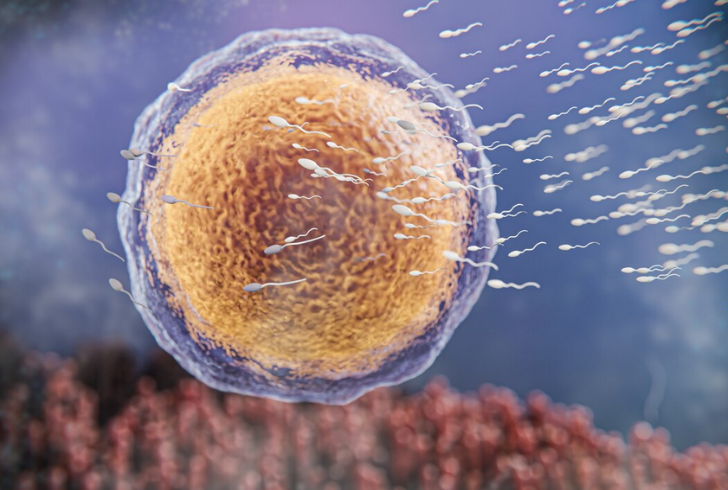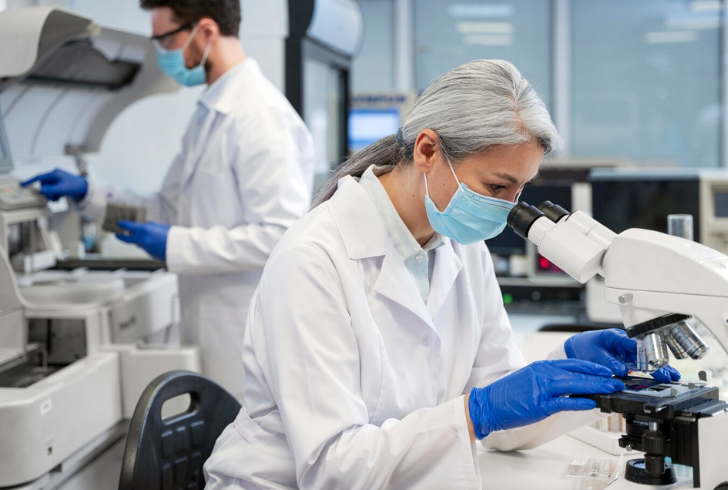How Embryo Development in Early Stages Shapes Lifelong Well-Being
Scientific research has revealed a groundbreaking connection between early embryo development and an individual’s lifelong health. A study conducted by researchers at the University of Adelaide suggests that the initial days of an embryo’s growth significantly impact aging and susceptibility to chronic diseases.
Cellular Changes at Fertilization
A team led by Professor Rebecca Robker from the University of Adelaide’s School of Biomedicine and Robinson Research Institute found that cellular activity in the egg at the time of fertilization plays a vital role in determining the length of telomeres—the protective ends of chromosomes. Telomeres are essential for tissue regeneration, and their length is linked to aging and disease risk.

Freepik | Fertilization-time egg cellular activity significantly influences telomere length.
According to Professor Robker, some newborns inherit shorter telomeres, which can increase their likelihood of developing chronic health conditions. “Babies born with reduced telomere length may face a higher risk of age-related diseases. For instance, children born to mothers with obesity or metabolic syndrome often have shorter telomeres, putting them at a greater risk of cardiovascular diseases in adulthood, regardless of their own body weight.”
Telomere Damage in Early Embryo Development
The study highlights that certain types of cellular damage occurring in the earliest stages of embryo development are responsible for telomere defects. As co-researcher Dr. Yasmyn Winstanley explains, these defects originate from specific cellular processes that are highly responsive to maternal health and environmental factors.
“Our research indicates that maternal health conditions at conception can influence how well an embryo develops,” Dr. Winstanley stated. “This, in turn, determines whether the child will be more resilient or more vulnerable to aging-related diseases later in life.”
Maternal Health as a Public Health Priority
Given these findings, researchers stress the importance of prioritizing maternal health in public health initiatives. Ensuring optimal health conditions for women and girls can play a significant role in reducing disease risks for future generations.
Professor Robker further emphasized, “By focusing on improving maternal health, we can potentially lower the prevalence of chronic illnesses in the next generation. These findings underline the necessity of preventive healthcare strategies.”
Potential for Reversing Cellular Damage

Freepik | Scientists indicate pharmaceutical interventions as a potential means to reverse telomere damage.
The research also provides encouraging insights into possible interventions. Scientists discovered that it may be feasible to reverse telomere damage using pharmaceutical compounds. The study demonstrated that certain medications could influence telomere length at birth, potentially mitigating the effects of aging-related diseases.
“Our study provides evidence that telomere length can be modified before birth using existing medical treatments,” Professor Robker explained. “This opens the door for therapeutic advancements in reproductive medicine, offering hope for reducing chronic disease risks.”
Future Directions in Embryo Health Research
With these findings, researchers are now collaborating with pharmaceutical specialists to explore medical applications. The goal is to develop treatments that fertility experts can use to enhance embryo health and longevity.
This study highlights the intricate relationship between early embryo development and long-term health, the importance of maternal well-being, and promising avenues for future medical breakthroughs.